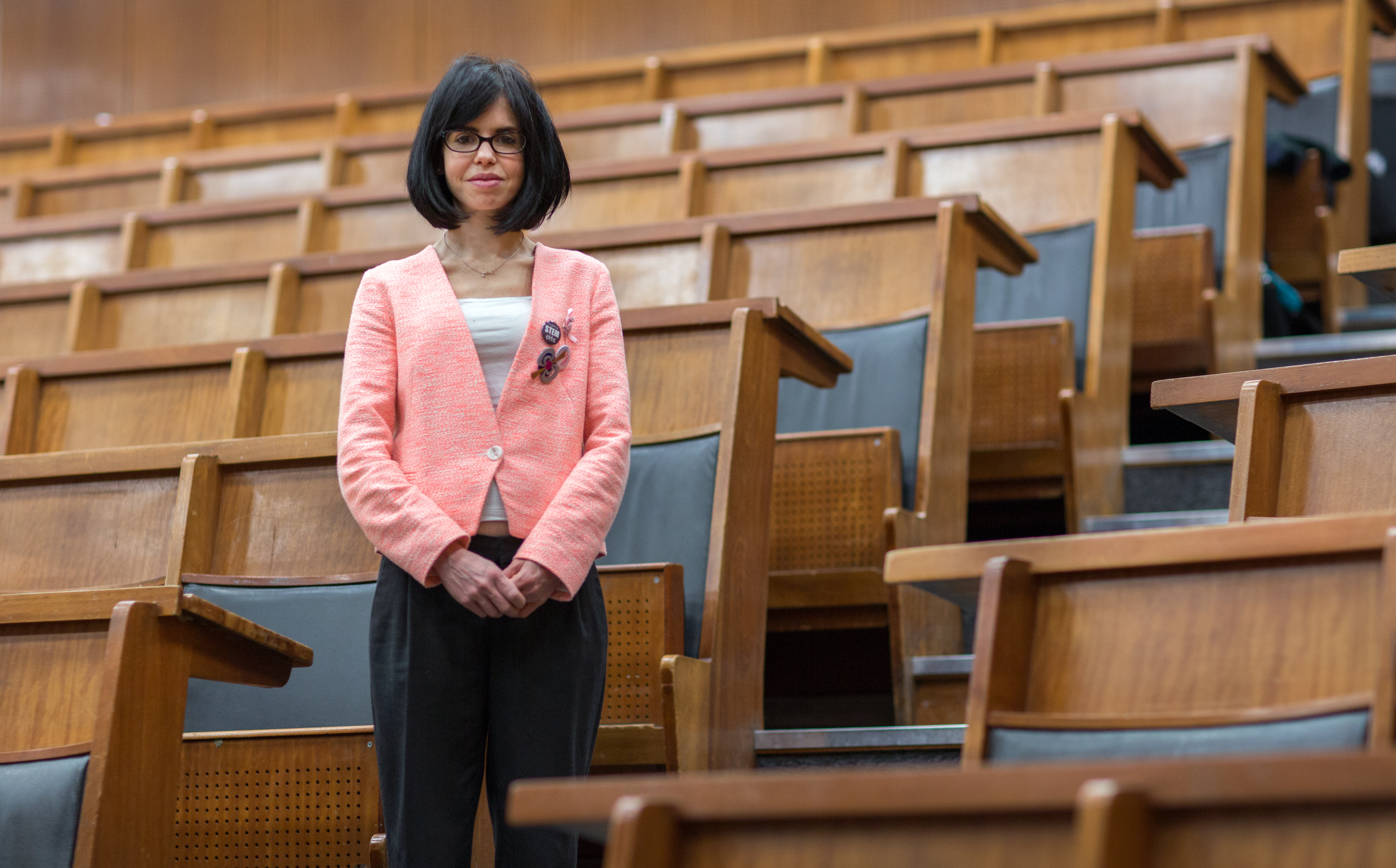In the latest episode of our podcast, We Make The Future, we explore polymaths and gender with Dr. Jess Wade from Imperial College London.
We begin by examining what type of background, education and learning environment best fosters polymathic tendencies, and why that's important. We also hear about the achievements of famous historical polymaths like Filippo Brunelleschi in the 15th century, as well as asking who are today's polymaths.
This ability to work and thrive within various disciplines such as the arts, sciences, and maths, is as much in demand today as it was in Renaissance Europe, and yet our current education system is forcing students into ever-increasing specialisation measured by assessment.
Gender balance in physics
As well as her work on creating light-emitting diodes from organic molecules (a role that sits at the interface of chemistry, material science, and physics), Jess also carries out public engagement work in STEM, particularly in the promotion of physics to girls.
She tells us why girls are put off physics, and what needs to happen for that to change. Part of this issue is a lack of role models, and another one of Jess' callings is to create Wikipedia pages for female scientists; she's now done nearly 300.
And remember, if you enjoyed this podcast, then why not try our other episodes. Episode 2 is all about maker spaces with special guest, the Nerdy Teacher. Episode 1 meanwhile looks at change (or the lack of it) in education with pi-top's Director of Learning and Research Dr. William Rankin.

